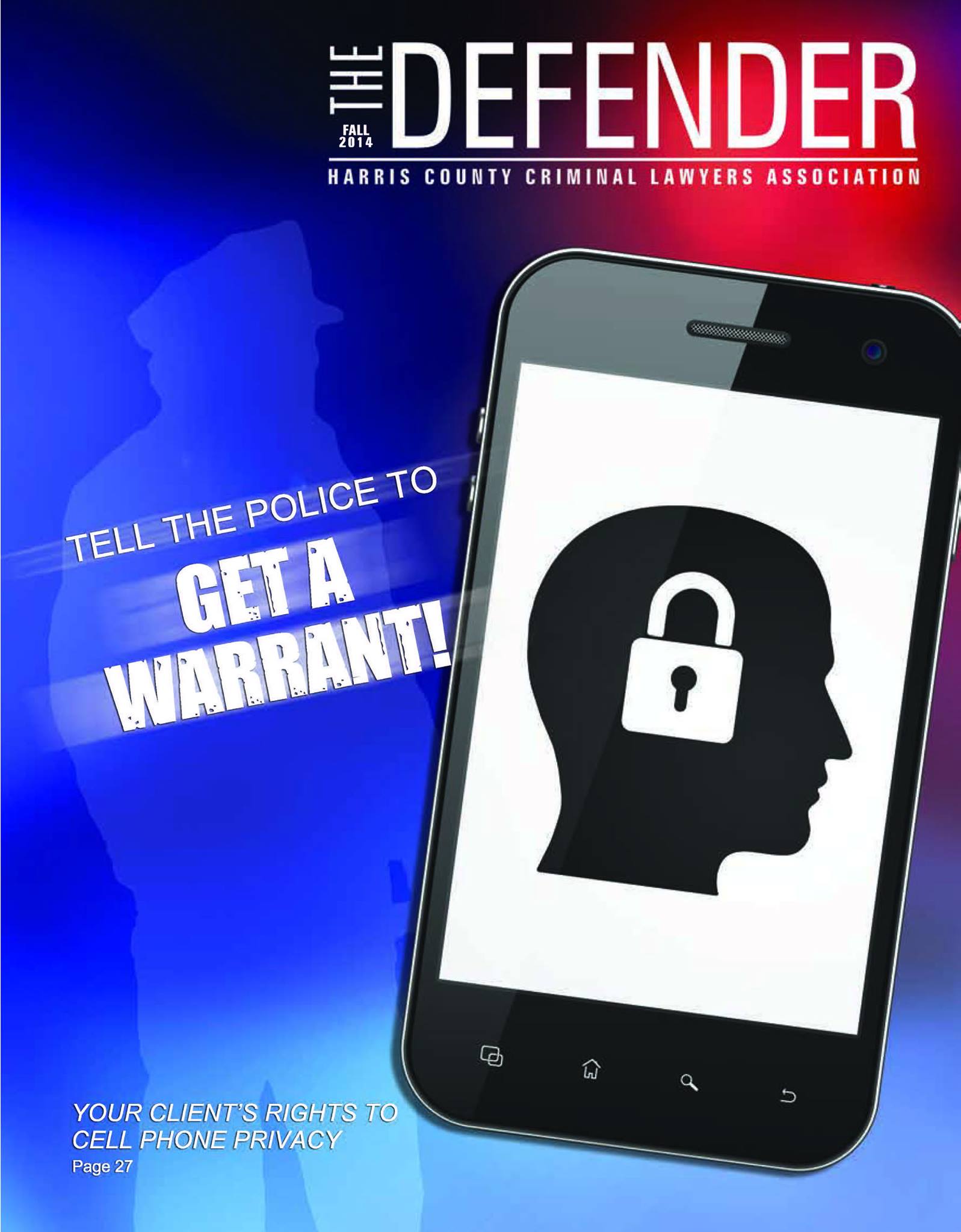By: Robert Pelton
Veterans Day is a special day to honor all Veterans who served in the military of the United States of America. Thousands of men and women have served our country…some who never came back. Others who served are crippled mentally, physically or both. No matter what a person does or did in the military their lives were forever changed. My 7 year old granddaughter Anns Lee Pelton did this sketch in honor of Veterans. She won 1st place at her school in a ceremony honoring Veterans. As a patriotic young lady, she is proud to share this with all our members who are Veterans or have family members who are Veterans.
My granddaughter was named partially in memory of Robert E. Lee. Her great-grandfather was named Robert E. Lee Cox. Her great-great-grandfather Abraham George Washington Cox was 15 and his dad Abraham was 51 when they both enlisted on the same day in 1862.
Veterans sketch honoring women serving in the military-1st place award to Anns Lee Pelton, student at Cy/Fair elementary school at a ceremony honoring Veterans
Anns Lee Pelton 7 year old grand daughter of member and Past President Robert Pelton won first place at her school for her sketch honoring women Veterans and all other Veterans. Anns Lee comes from a long line of Veterans dating back to the 1700s.




